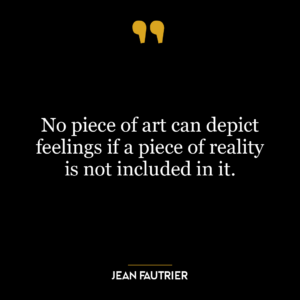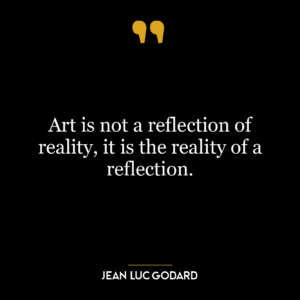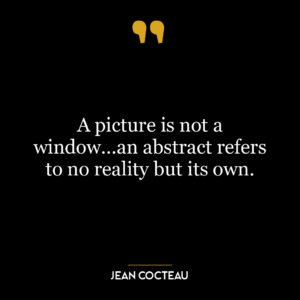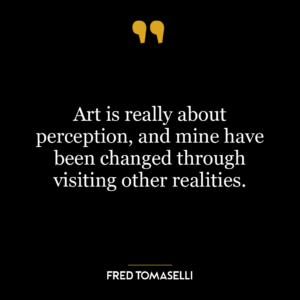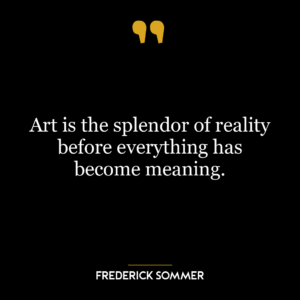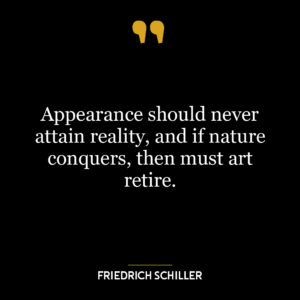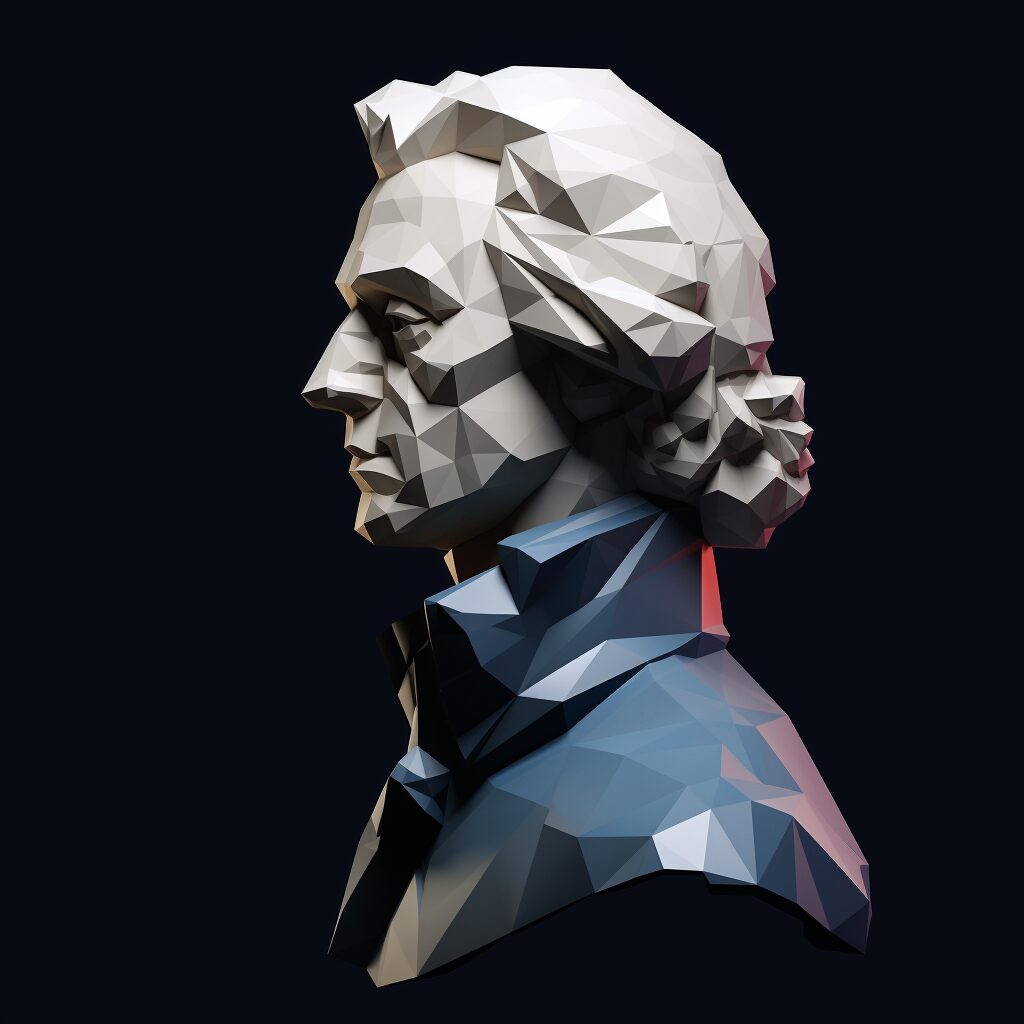This quote by Voltaire implies that while we all share common physical characteristics, knowledge and beliefs, particularly regarding God or a higher power, are not innate but rather acquired. In essence, our understanding and perception of God are not something we are born with but something we learn or develop over time, influenced by various factors such as family, society, culture, personal experiences, or individual inquiry.
The quote suggests that religious beliefs or the concept of God are not universally inherent or instinctual. This is a perspective that aligns with Voltaire’s broader philosophical stance, which often questioned religious dogma and championed reason and individual freedom of thought.
Applying this idea to today’s world, it can be seen as a call for tolerance and understanding in an increasingly diverse and interconnected global society. As people come into contact with a wide array of beliefs and worldviews, it’s important to remember that our understanding of God or spirituality is shaped by our individual experiences and contexts, not predetermined at birth. This understanding can foster greater empathy and respect for differing beliefs and religious practices.
In terms of personal development, this quote may encourage individuals to question, explore, and form their own beliefs rather than blindly accepting inherited or societal ones. It suggests that personal growth involves not only physical and intellectual development but also spiritual or philosophical inquiry. It can also serve as a reminder that it’s okay to change one’s beliefs or to hold different beliefs from those around you, as our understanding of God is a personal journey, not a preset destination.










